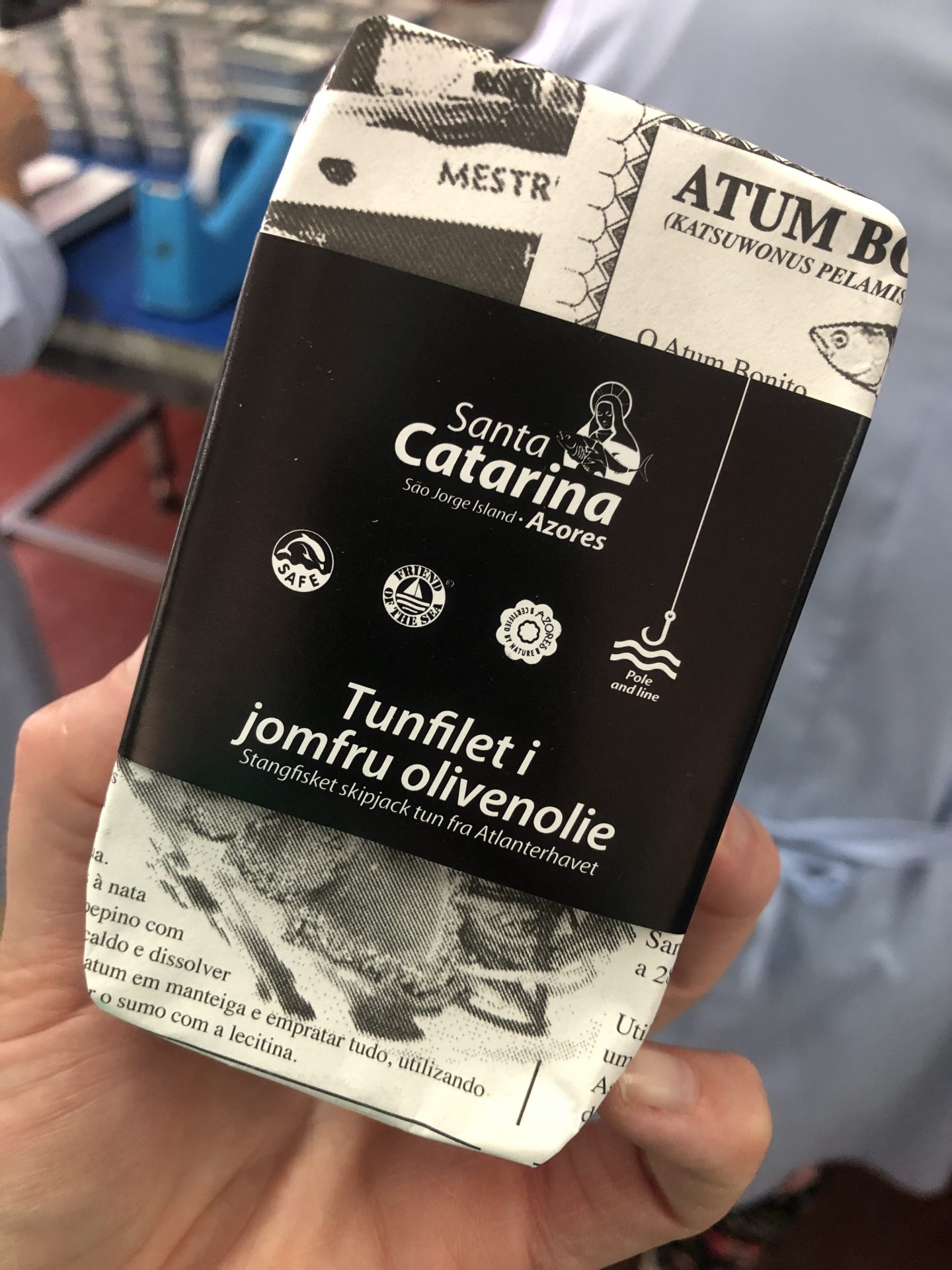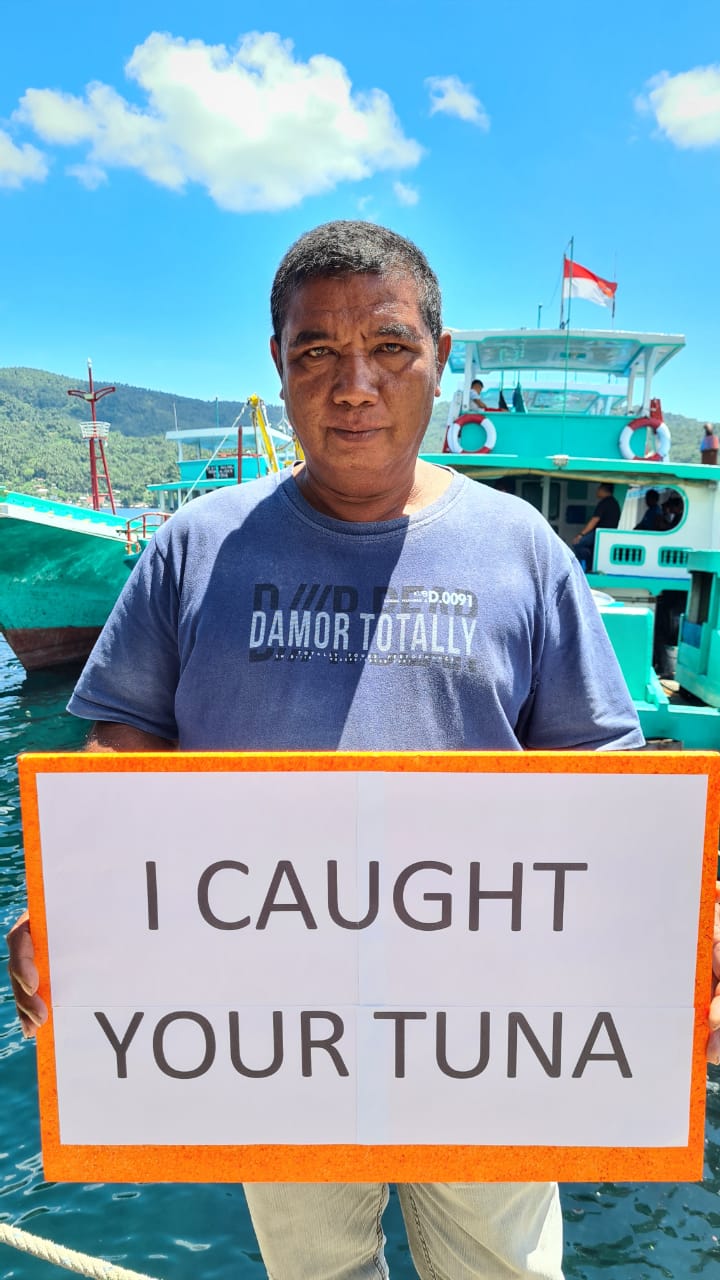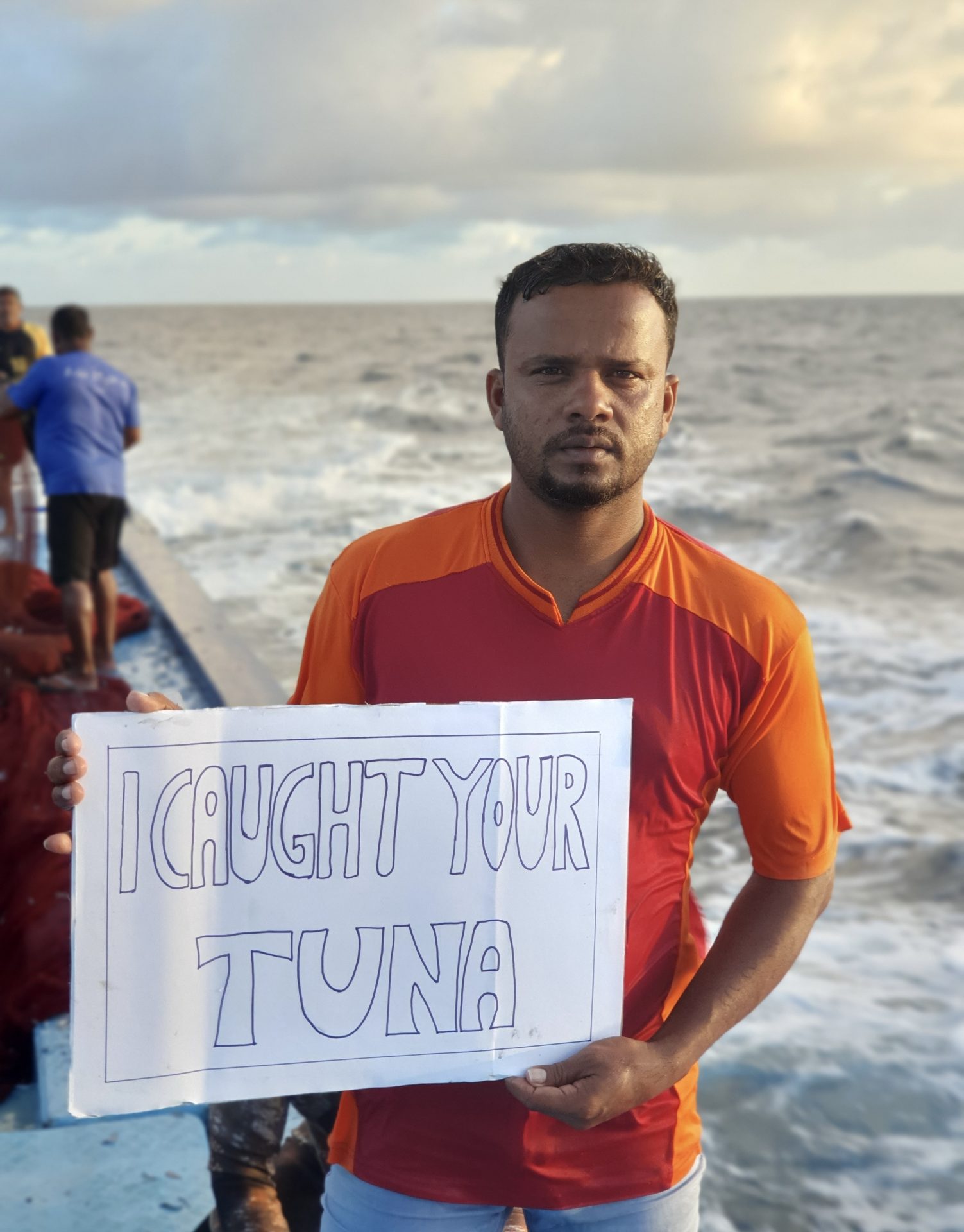Today marks World Fisheries Day so let’s celebrate with full transparency! Travel with us around the world and discover how we can all make a difference.
Fishing plays a significant role in many coastal communities all over the world; from their economic importance in the wild-caught fishing industry, to leisure and sports fishing. Many fish also play a big part in many culture’s folklore and mythology which represents a deep, long-standing connection.
 The ocean is beautiful, it’s powerful, and mysterious. It’s home to countless wildlife that fly above and swim below the ocean surface. However, it’s a vital element to our planet and its future must be protected in order to protect our own. For years, our methods used to produce food across industries have become increasingly industrialised and have developed systems which put ecosystems out of balance. This is especially true when it comes to the fishing industry, which is currently dominated by industrial fishing vessels that often use destructive fishing practices, and fish on a scale which is unsustainable and results in extensive damage to aquatic habitats and ecosystems. The fishing industry needs drastic transformation and we’re here for it. There’s hope!
The ocean is beautiful, it’s powerful, and mysterious. It’s home to countless wildlife that fly above and swim below the ocean surface. However, it’s a vital element to our planet and its future must be protected in order to protect our own. For years, our methods used to produce food across industries have become increasingly industrialised and have developed systems which put ecosystems out of balance. This is especially true when it comes to the fishing industry, which is currently dominated by industrial fishing vessels that often use destructive fishing practices, and fish on a scale which is unsustainable and results in extensive damage to aquatic habitats and ecosystems. The fishing industry needs drastic transformation and we’re here for it. There’s hope!
Did you know that not all fisheries and fishing methods are harmful for the ocean? Let us show you how it’s possible to fish in balance with nature, in ways where fish stocks are not depleted, and there is little-to-no bycatch of non-target species because fishers can see what’s on their lines. Let us show you how you can enjoy your tuna knowing it’s been caught responsibly and sustainably.
Are you ready to meet these incredible, beautiful fishers and capture the essence of their essential contribution in local coastal communities? Join our movement and help to change the future;
For The Oceans
Most wild caught tuna that’s available to you in stores, restaurants, and online delivery is caught with big, industrial boats, which use a method of fishing known as ‘purse seine vessels’. Purse seine vessels account for approximately 69% of all wild caught tuna in the world. However, they use huge nets and floating devices to catch the fish in such a way that whole schools of fish are extracted from the ocean at once. In this process, they’re also extracting all sorts of other species in those nets such as sharks, rays, and turtles. Unintentionally maybe, yet destructive for all species and marine life involved.
At the other end of the scale, there’s our one-by-one wild caught tuna. This method includes responsible pole-and-line, handline and troll techniques which are used in coastal, small-scale tuna fisheries . It is the only tuna fishing method, which is considered to be environmentally safe, socially responsible, and based on generations of tradition.
Fishing one-by-one allows tuna species to flourish as these methods make it near-impossible to overfish. Furthermore, it reduces by-catch of marine life, helps to protect and restore biodiversity, and minimises plastic pollution. This type of tuna makes up about 12% of the world’s catch and is sold on the global market so it’s potentially available near you. Choosing this tuna that is sustainably caught one-by-one has these incredible environmental benefits, but also powerful economic and social implications.
In some areas of the world, fishing is a necessity for survival. Entire nations and small island developing states financially depend on the ocean with little to no other economic opportunities from natural resources for industries such as agriculture. Responsible small-scale fisheries bring income and recirculate wealth among coastal communities whose local economies depend on the fishing industry. This contributes to local food security, poverty alleviation, and secures livelihoods. These communities can actually play an incredibly important role in ocean conservation by using age-old fishing methods that have minimal impact on the environment.
From the long-standing traditional way of tuna fishing in the Maldives, to the beautiful complexity in Indonesia, the recent success of the island of St Helena in establishing an exclusive fishing zone, an innovative competition in the Azores, and supporting local families in New Zealand, Japan, India, Brazil, and the USA – they all have one thing in common: they catch tuna ‘one-by-one’; using pole-and-line, handline, or troll methods.
Quotes and photos fishers
See video: https://www.youtube.com/watch?v=iAoY9-xINf4
 “The advantage of using the pole-and-line method is that it’s environmentally friendly. It also provides employment for local fishermen to become crews on the fishing vessels and the opportunities it brings. One-by-one tuna fisheries employ over 50 times more fishers compared to large-scale industrial fisheries. My friend, he started as a fisherman, now has his own fishing boat” — Soyoto Armada – PT Citra Raja Ampat, Sorong, Indonesia
“The advantage of using the pole-and-line method is that it’s environmentally friendly. It also provides employment for local fishermen to become crews on the fishing vessels and the opportunities it brings. One-by-one tuna fisheries employ over 50 times more fishers compared to large-scale industrial fisheries. My friend, he started as a fisherman, now has his own fishing boat” — Soyoto Armada – PT Citra Raja Ampat, Sorong, Indonesia
“I own and operate my own boat, a small one tonne canoe style vessel, and I typically catch adult yellowfin tuna, sometimes up to 100kg in weight. When I catch tuna, I can make good money selling to seafood export companies in Kendari the provincial capital. As I’m Bajau, I have to share my wage, not just with my wife and children, but we also help to support our cousins, our aunts and our brothers. It’s part of our culture – we all help each other out, so even though we don’t have much money we always have enough food to get by. I’m happy fishing, even though it’s quite hard, it’s our life!” — Herman Mahoummed, Indonesia
One-by-one fishing is characterised by local ownership, fishing closer to shore and for shorter lengths of time. This provides fishers with greater economic flexibility as we are given the opportunity to spend more time at home with our families, experience an improved quality of life. However, I do love to be out at sea and even go fishing in my spare time” — Ryan Nienaber, South Africa
 On Santa Maria island, we have 30 to 40 families who depend on the catches of the pole-and-line fishery. We have 13 to 14 tuna boats with 7-9 crew members on each of them. And they all have families to support. The whole community is tied to that one fisher; it provides for everyone working as crew, at the shipyards, and in the factories. — Silvino Santos, Azores, Portugal
On Santa Maria island, we have 30 to 40 families who depend on the catches of the pole-and-line fishery. We have 13 to 14 tuna boats with 7-9 crew members on each of them. And they all have families to support. The whole community is tied to that one fisher; it provides for everyone working as crew, at the shipyards, and in the factories. — Silvino Santos, Azores, Portugal
Shorter lengths of time at sea amongst a local community promote humane, ethical and sanitary work conditions — Roy Bealey, Kenya
In many countries, one-by-one fishing is embedded in the culture and seen as a highly respected trade. It’s often a family tradition, securing jobs and family income, providing opportunities for themselves and their family members for generations – Ibrahim Nadheeh, Maldives
Increasingly, consumers are demanding to know the origin of their meat and produce, seeking fair treatment for the animals and farmers. There is an equal need in this for our oceans. If the global pandemic and lockdown has shown us anything, it’s the importance of paying more attention to what we eat, how we eat it, and where it was sourced. The ocean is an amazing part of the earth that has been exploited for hundreds of years, but we can revolutionize market dynamics and we can demand change, by changing demand. The ocean provides us with many things we take for granted in our daily lives, such as a sustainable food source. We need to keep it clean and safe for all the wildlife there now and for our siblings, our children, and their children so they will have it to swim, to dive, to play on the beaches, creating memories and enjoy tuna as we have been able to.